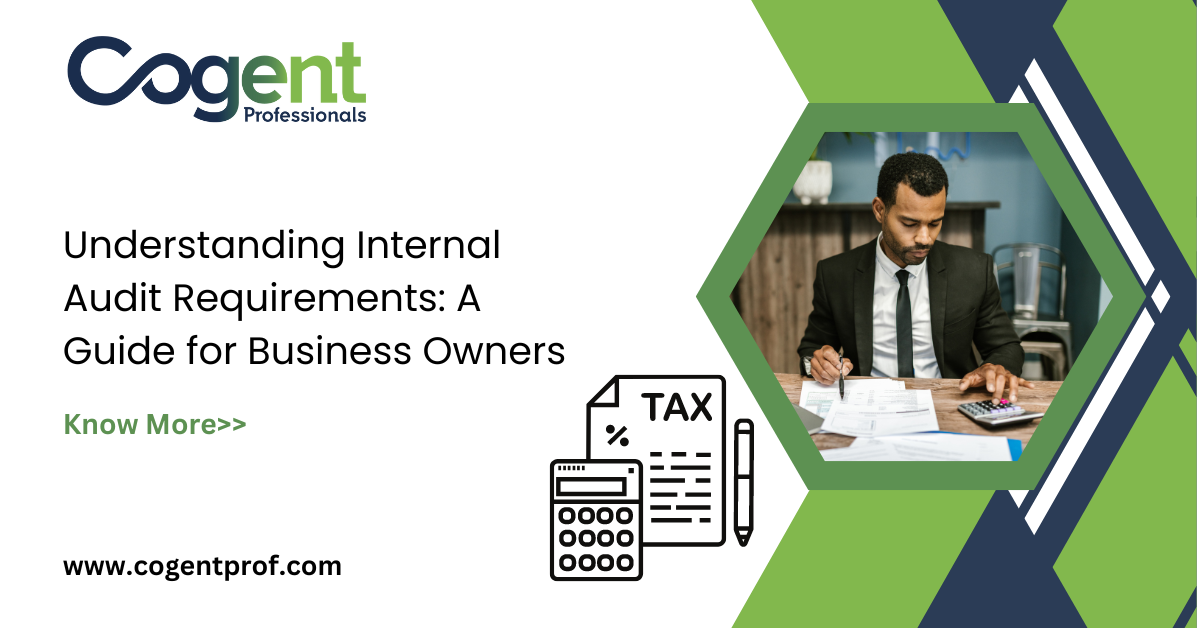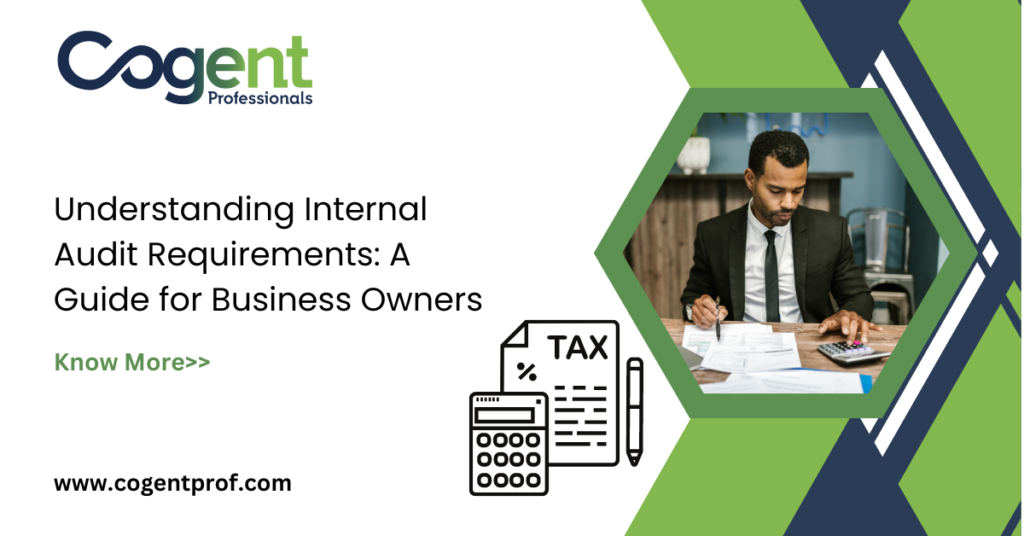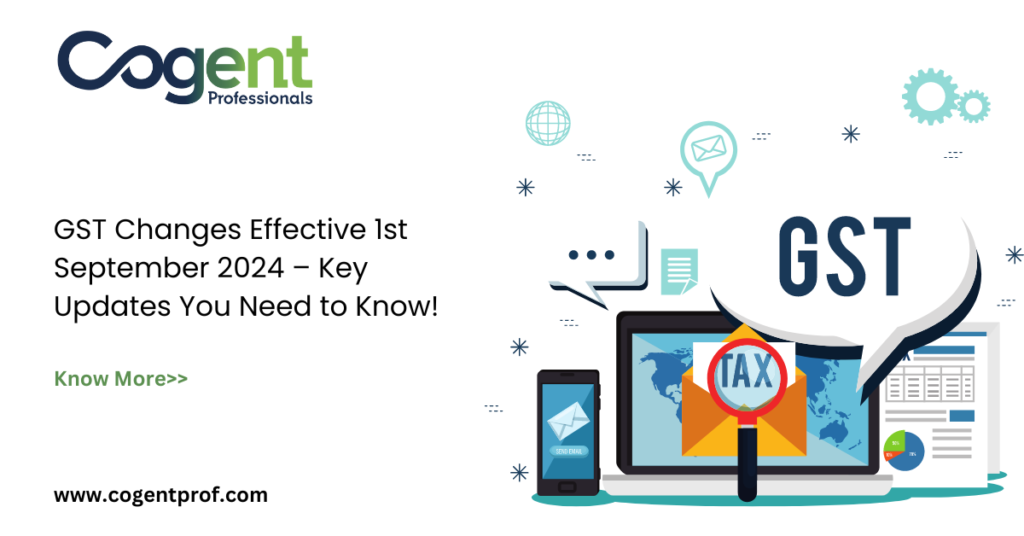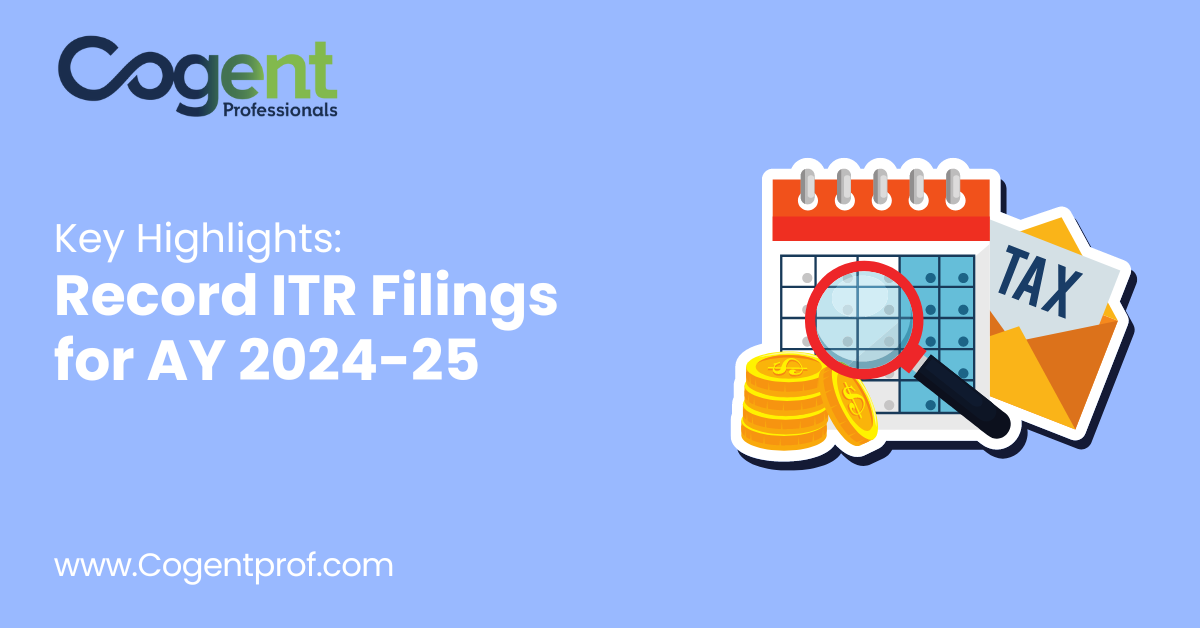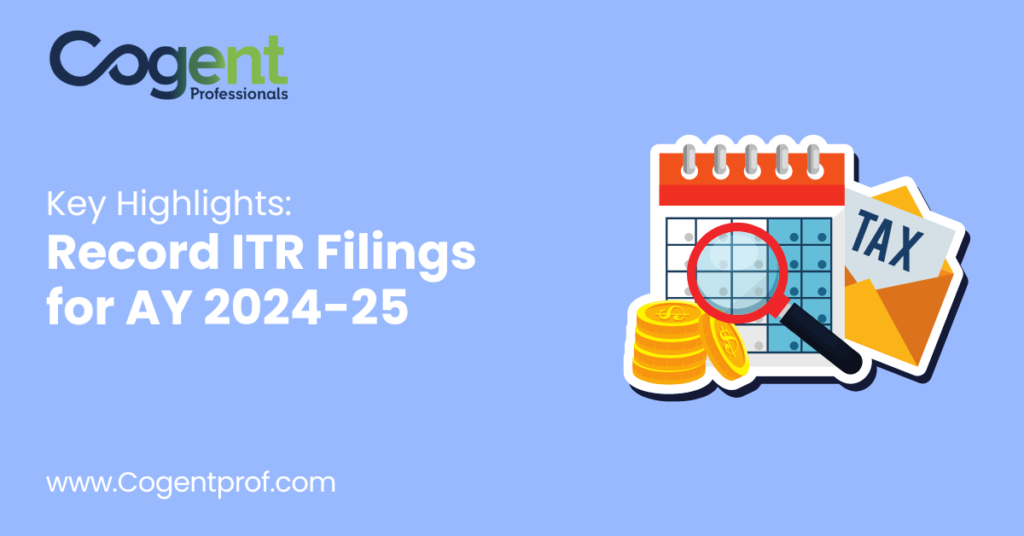Telangana’s New MSME Policy: A Game-Changer for Small and Medium Businesses
Important Internal Audit Requirements for Business Owners

Telangana’s New MSME Policy: A Game-Changer for Small and Medium Businesses
Telangana has always been at the forefront of promoting entrepreneurship and creating a business-friendly environment. With the latest MSME Policy, the state is taking another giant leap toward fostering growth and innovation among Micro, Small, and Medium Enterprises (MSMEs). This policy, launched today, promises to boost the sector with key reforms and incentives that will strengthen the foundation of businesses across the state.
Here’s a closer look at how the new policy is set to transform the MSME landscape in Telangana:
1. Improved Financial Access
One of the biggest challenges for MSMEs has been access to capital. The new policy addresses this by making funding easier to obtain. With more accessible credit options and financial inclusion initiatives, MSMEs will be able to secure the necessary funds to fuel their growth and expansion. Whether it’s for scaling operations or adopting new technology, the financial support aims to reduce the barriers that MSMEs often face in their early stages.
2. Streamlined Processes and Ease of Doing Business
Bureaucratic delays and cumbersome processes can often deter small businesses from realizing their full potential. The MSME policy simplifies the procedures for setting up and running a business, ensuring quicker approvals and fewer hurdles. This ease of doing business will make it much simpler for MSMEs to operate efficiently, allowing them to focus more on growth rather than paperwork.
3. Skill Development and Workforce Training
A skilled workforce is crucial for any enterprise, and MSMEs are no exception. The new policy includes several initiatives aimed at improving skill levels across the sector. Specialized training programs will be rolled out to equip workers with the necessary tools and expertise to enhance productivity and innovation. By developing a talent pool specifically trained for the MSME sector, Telangana is ensuring that these enterprises are better equipped to meet modern challenges.
4. Encouragement for Technological Adoption
In today’s digital age, technological adoption is key to staying competitive. The MSME policy encourages MSMEs to integrate cutting-edge technologies into their operations by offering incentives and subsidies for digital transformation. This will help businesses automate processes, improve efficiency, and tap into new markets, enabling them to scale faster and compete on a global scale.
5. Global Market Access and Export Promotion
Telangana’s MSME policy also includes provisions to enhance market access, particularly in international markets. With tailored initiatives to boost exports, the policy ensures that MSMEs can enter global markets and expand their reach beyond domestic boundaries. This opens up a plethora of opportunities for MSMEs to grow their businesses internationally and increase their revenue streams.
A Policy for the Future of MSMEs
Telangana’s new MSME policy is a well-rounded initiative aimed at addressing the major challenges faced by small and medium businesses. With a focus on financial inclusion, ease of doing business, skill development, technological innovation, and global market access, this policy is set to revolutionize the MSME sector.
For MSMEs, this is the perfect time to leverage these new opportunities and drive their businesses toward greater success. By embracing these reforms, Telangana’s MSMEs can not only grow locally but also make a mark on the global stage.
Share and Empower
If you’re a business owner, entrepreneur, or simply someone interested in the growth of MSMEs, share this blog to spread the word about this groundbreaking policy.
Let’s ensure that more MSMEs in Telangana take full advantage of the opportunities ahead!
About the Expert:
Mr. Butchibabu, Chartered Accountant, is a renowned expert in GST compliance and tax advisory services. With years of experience guiding businesses through the complexities of GST regulations, Mr. Butchibabu and his team are committed to helping you navigate these changes smoothly. For personalized assistance with your GST filings, feel free to reach out.


